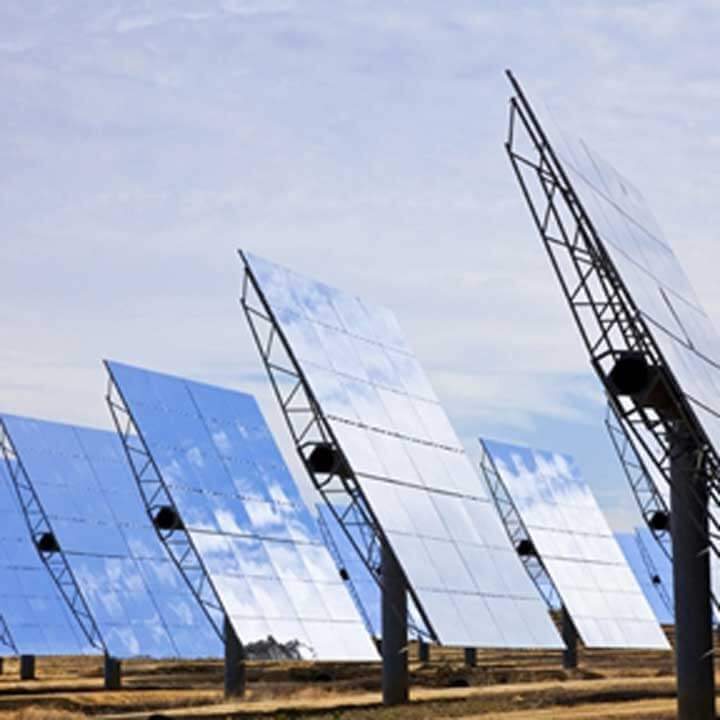Comment & Opinion
Budget 2020: Key points for the Energy & Infrastructure sector
11th March 2020
Ben Sheppard, Partner in the Energy & Infrastructure Group at Walker Morris summarises some key points for the Energy & Infrastructure Sector from the 2020 Budget.
Taxes on pollution
- From April 2022, the climate change the levy is to be frozen on electricity and increased on gas
- Support for the most energy-intensive industries to transition to net zero, by extending the climate change agreements scheme for a further two years
- A new plastics packaging tax from April 2022: manufacturers and importers will be charged £200 per tonne on packaging made of less than 30% recycled plastic
Natural habitats
- £640m for a new nature for climate fund to protect, restore and expand natural habitats like woodlands and peat bogs – also capturing carbon
- Over the next five years, to plant around 30,000 hectares of trees – a forest larger than Birmingham – and restore 35,000 hectares of peatland
Flood defences
- £120m available immediately to repair defences damaged in the winter floods
- £200m of funding directly to local communities to build flood resilience
- Doubling investment in flood defences over the next six years to £5.2bn
Low carbon transport
- Promise to spend £500m to support the rollout of new rapid charging hubs for electric cars
- Invest £300m in tackling nitrogen dioxide emissions in towns and cities
- A package of tax and spend reforms to make it cheaper to buy zero or low emission cars, vans, motorbikes and taxis
Carbon capture and storage
- £800m to be invested to create two more carbon capture clusters
Infrastructure
- Announcement to build broadband, railway, roads
- £5bn to get gigabit-capable broadband into the hardest to reach places
- £510m of new investment into the shared rural mobile phone network
- £2.5bn to repair 50 million potholes
Housing
- Extension of the Affordable Homes Programme with a new, multi-year settlement of £12bn
- Cutting interest rates on lending for social housing by one percentage point to support local authorities to invest in their communities
- More than £1bn of discounted loans available for local infrastructure
- Nearly £1.1bn of allocations from the Housing Infrastructure Fund to build nearly 70,000 new homes in high demand areas across the country
Read more about Net Zero and our e-book, ‘The Power of Zero’ which serves as a guide for business leaders. Download your free copy here.



